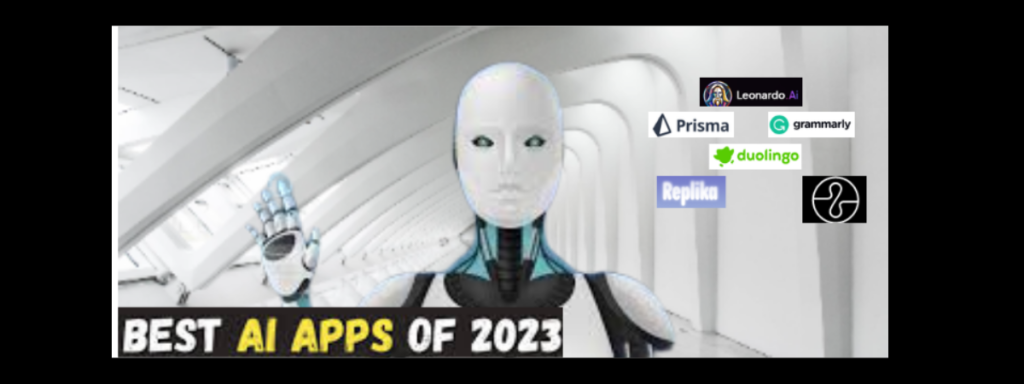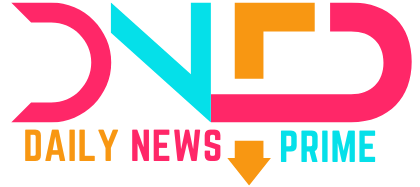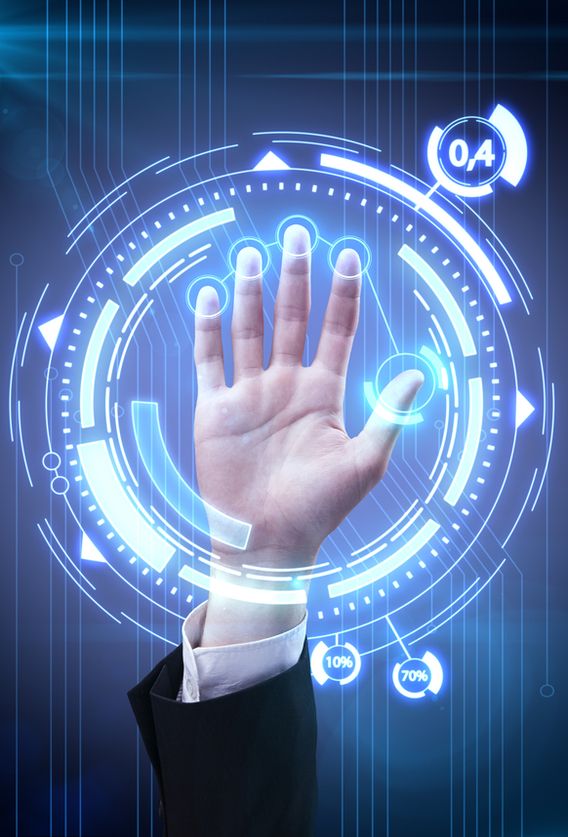
As artificial intelligence (AI) continues to evolve at breakneck speed, the app world is undergoing a transformation. In this year’s roundup, we’re exploring the top 20 trending AI apps that are redefining convenience, creativity, and efficiency. These apps, powered by innovative AI technology, are not just trends; they’re the forerunners of the AI revolution in our digital lives.
1. Google Assistant: Your Smart Personal Helper
- Intuitive, user-friendly, and increasingly intelligent, Google Assistant is the epitome of AI in everyday life.
2. Alexa: Amazon’s Voice-Controlled Assistant
- Alexa’s integration with smart home devices and ability to handle a multitude of tasks makes it a household superstar.
3. Siri: Apple’s Pioneer AI Assistant
- Known for its seamless integration with iOS, Siri helps users navigate their Apple devices with ease.
4. Cortana: Microsoft’s Productivity-Boosting AI
- A strong ally for Windows users, Cortana specializes in managing schedules and tasks with voice commands.
5. Replika: Your AI Companion
- Focused on emotional connections, Replika offers personalized conversations and companionship.
6. Duolingo: The AI Language Prodigy
- Duolingo uses AI to create personalized language learning pathways, making education both fun and effective.
7. Grammarly: The AI Writing Assistant
- With advanced error detection and writing style suggestions, Grammarly is the go-to for written communication.
8. Prisma: Artistic Photo Transformations Through AI
- Transform your photos into art with Prisma’s AI filters that apply famous art styles to your images.
9. Chatbot: Customer Service AI
- Chatbots on company websites provide round-the-clock customer service, improving user experience.
10. Tesla’s Autopilot: AI on the Road
- Autopilot in Tesla vehicles is a prime example of AI’s capabilities in enhancing driving safety and comfort.
11. ELSA Speak: English Language Speech Assistant
- ELSA uses speech recognition to help non-native speakers improve their English pronunciation.
12. Spotify: Your Personal AI DJ
- Spotify’s recommendations are powered by machine learning, personalizing your listening experience.
13. Facedrive: AI-Powered Ridesharing
- Facedrive uses AI to match riders with drivers in an eco-friendly way, optimizing routes and reducing emissions.
14. Zebra Medical Vision: AI in Healthcare
- Zebra’s AI helps doctors analyze medical images more accurately and efficiently, leading to better patient outcomes.
15. Netflix: The AI Entertainment Curator
- Netflix uses AI to analyze viewing habits, making spot-on recommendations to keep viewers engaged.
16. Hopper: AI for Smarter Travel
- Hopper predicts flight and hotel prices with AI, helping travelers save money and book confidently.
17. Robinhood: AI for Personal Finance
- AI is at the core of Robinhood’s app, giving investors tools for data analysis and decision-making.
18. Ada Health: AI Healthcare Companion
- Ada Health’s AI-powered platform provides personalized health guidance and connects users with medical professionals.
19. Endel: AI-Generated Soundscapes
- Endel creates personalized sound environments to improve focus, relaxation, and sleep using AI algorithms.
20. Kuki: Social AI Chatbot
- Popular among the younger audience for its quirky conversations, Kuki engages users with its unique personality.
Conclusion: These trending AI apps are more than just digital programs; they’re part of a larger movement toward a smarter, more intuitive technological world. They help us manage our homes, keep in touch, learn new skills, enhance our health, and entertain ourselves in ways we never thought possible. As AI continues to advance, these apps will evolve with it, consistently unlocking new potentials and pushing the boundaries of what we consider possible.
FAQs on the Top 20 Trending AI Apps Blog
Q: What are AI apps? A: AI apps are mobile or web applications that utilize artificial intelligence technologies, such as machine learning, natural language processing, or image recognition, to provide advanced features and personalised user experiences.
Q: How do AI apps impact daily life? A: AI apps can make everyday tasks more efficient, from simplifying schedule management and improving communication to customising entertainment and educational experiences. They can also assist with health, provide travel guidance, and enhance personal finance management.
Q: Are AI apps safe to use in terms of privacy? A: While AI apps provide significant benefits, there are privacy concerns since they often require access to personal data. Users should review the privacy policies of individual apps and utilize privacy features to control the sharing of their information.
Q: Is Google Assistant compatible with all devices? A: Google Assistant is compatible with a wide range of devices, including Android and iOS smartphones, tablets, smart home devices, and some third-party apps. However, it works best within the Google ecosystem.
Q: Can AI apps like Grammarly replace human editors? A: AI apps like Grammarly are designed to assist with writing by detecting grammatical errors and improving style, but they’re not meant to replace human editors, especially for complex writing tasks that require a high level of nuance and understanding.
Q: Do AI language learning apps like Duolingo offer all language courses for free? A: Duolingo provides many language courses for free, but it features a premium subscription called Duolingo Plus that offers additional features and a completely ad-free experience.
Q: How do music streaming AI apps like Spotify learn about my preferences? A: Apps like Spotify use machine learning algorithms to analyze your listening habits, such as frequently played tracks and curated playlist interactions, to personalize your experience and suggest new music.
Q: Can AI apps like Babylon Health diagnose medical conditions? A: AI health apps like Babylon can provide medical advice and may offer preliminary assessments based on the symptoms you report. However, they are not replacements for professional medical diagnosis and treatment by licensed healthcare providers.
Q: Are AI-powered financial advice apps like Robinhood suitable for beginners? A: Yes, AI-powered apps like Robinhood are designed to be user-friendly for beginners, offering various tools and resources to facilitate the process of investing, although users should exercise due diligence and understand the risks involved.
Q: How accurate are travel predicting apps like Hopper? A: Hopper uses large data sets and machine learning to predict prices with a high degree of accuracy. However, no predictive technology is infallible, and users should consider it as one of several tools for making informed travel decisions.
Q: Will AI apps continue to get more advanced? A: Yes, as AI technology develops and data grows, AI apps will become more sophisticated, offering even more advanced and personalized features to users.
Q: Can I use Prisma on videos as well as photos? A: Prisma primarily focuses on turning photos into artworks using its AI filters. Depending on the app’s version and updates, there may be features that allow similar effects on videos.
Q: Do I need advanced technical skills to use these AI apps effectively? A: Most AI apps are designed for easy use by the general public, with user-friendly interfaces that don’t require advanced technical skills.
If you have more questions about AI apps or how to incorporate them into your lifestyle, refer back to the main blog post for more detailed information.


